
China
15:02, 24-Dec-2017
The doctor who opened Beijing's first children hospice
CGTN

Beijing's first children hospice is a place of paradoxes, where comfort mixes with the pain of saying goodbye, and big ambitions coexist with dreams threatened by premature deaths.
"Daisy's Home" opened in Beijing in October, 30 years after the first end-of-life center Songtang Hospice was established in the Chinese capital.
The center offers respite and palliative care to young patients with terminal illnesses or conditions that are either progressive or incurable.
"Daisy's Home" was designed to be a home away from home. The interior reminds children and their family of the comfort and warmth of home.
Unlike other health care centers, the special care ward features spacious bedrooms, bright bathrooms, an activity corner and a family kitchen to cater for the residents. The hospice provides round-the-clock medical support, and volunteers visit children daily to play with them and soothe their pain.
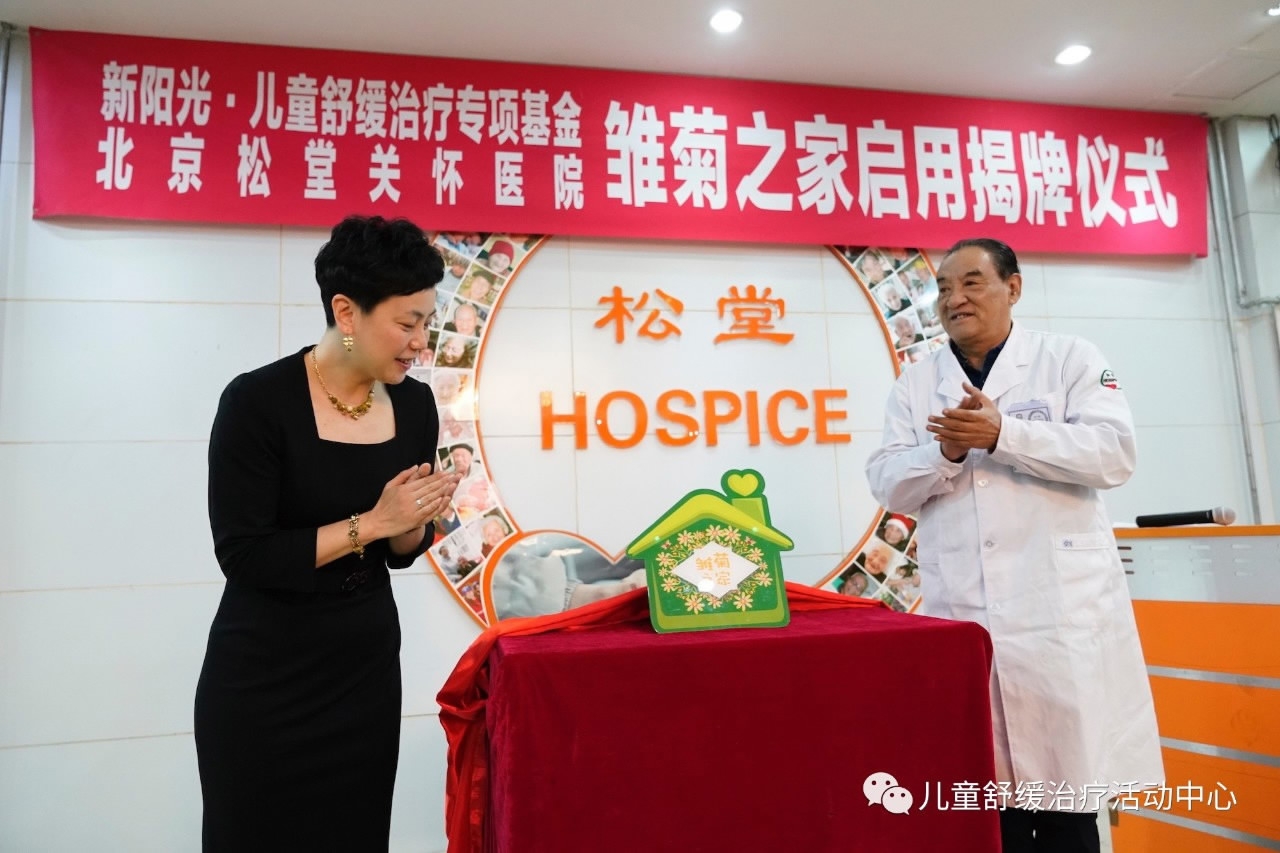
Doctor Zhou Xuan (L) announcing the establishment of "Daisy's Home" along with Songtang Hospice director Li Wei (R) /Photo via Children's Palliative Care Activity Center
Doctor Zhou Xuan (L) announcing the establishment of "Daisy's Home" along with Songtang Hospice director Li Wei (R) /Photo via Children's Palliative Care Activity Center
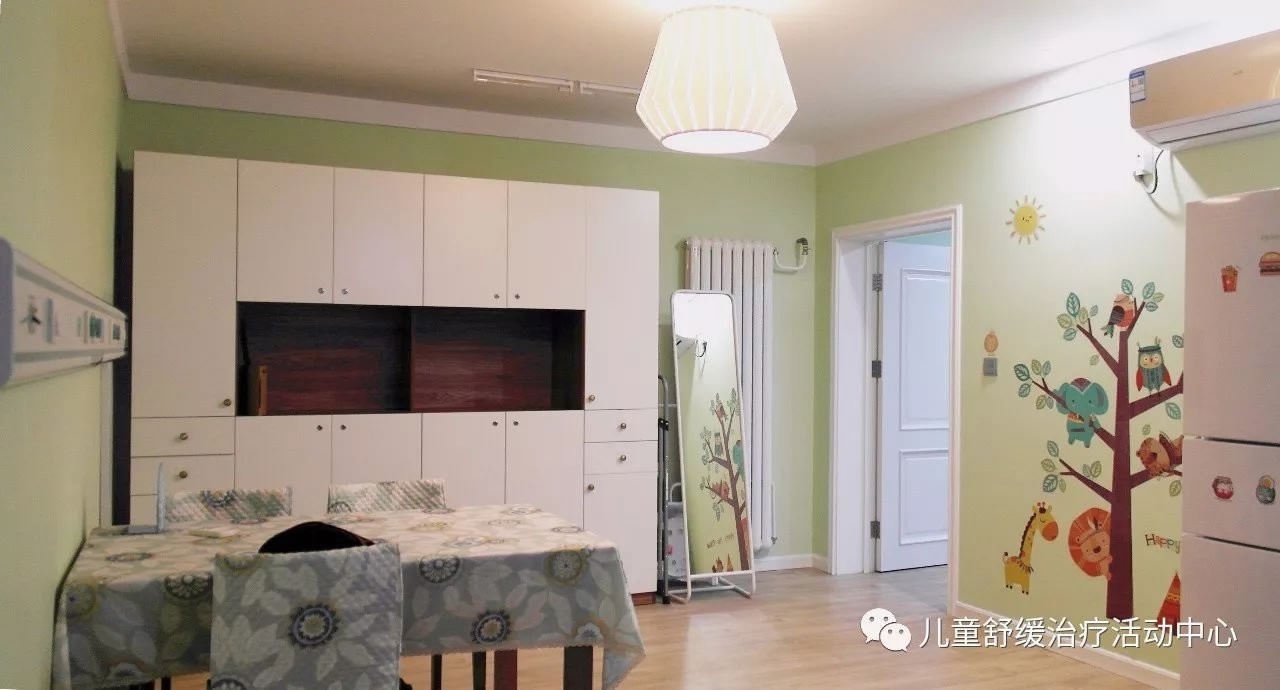
A living room inside the palliative care ward /Photo via Children's Palliative Care Activity Center
A living room inside the palliative care ward /Photo via Children's Palliative Care Activity Center
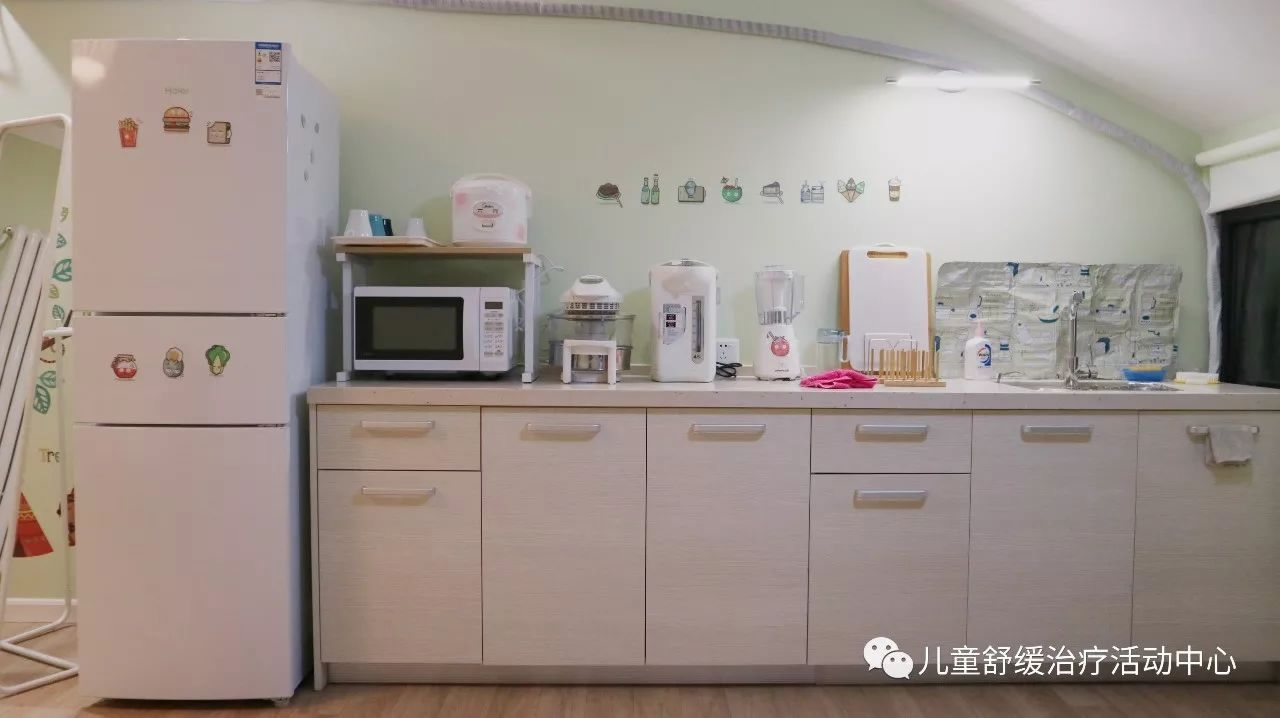
A kitchen inside the palliative care ward /Photo via Children's Palliative Care Activity Center
A kitchen inside the palliative care ward /Photo via Children's Palliative Care Activity Center
“Daisy’s Home” experienced its first death on November 8, when a comatose eight-year-old boy passed away in peace, with his mother and doctor Zhou Xuan, who is at the helm of the hospice, by his side.
"He is calm and in peace now. Will you just be by his side and talk to him. Tell him whatever you want to say, because he is listening," Zhou told the mother. "You’ve tried your best. Now that he’s leaving, just let him feel your love and companion."
The idea of setting up a palliative care ward was proposed by Zhou, an oncologist from Beijing Children’s Hospital who has witnessed many young cancer patients suffering from painful treatments and passing away in dire physical and psychological conditions.
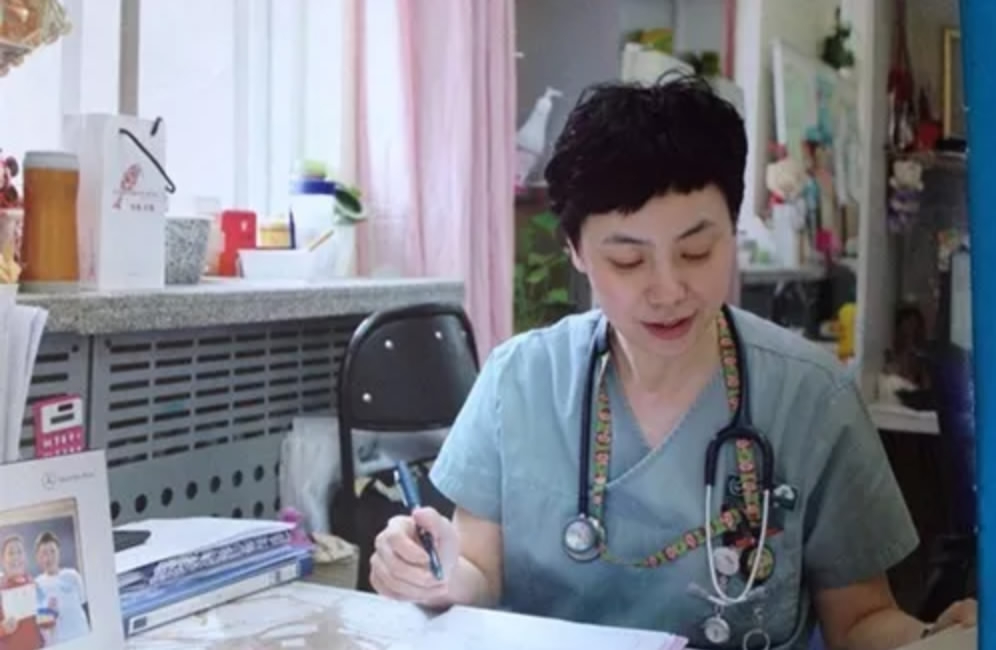
Doctor Zhou Xuan /Beijing Youth Daily Photo
Doctor Zhou Xuan /Beijing Youth Daily Photo
"On average, four children are diagnosed with malignant tumor diseases every hour in China," said Zhou. "Although medical advances can cure 80 percent of leukemia patients, the remaining 20 percent face a dim future."
Zhou said parents normally choose to bring their child home when they know treatment cannot be continued. Without professional care or medical support, both parents and children live in fear and pain for the remaining time.
"For children at terminal stages of solid tumors, nearly 90 percent suffer extreme pain," Zhou told the Beijing Youth Daily. “Many parents told me that they could accept the fact that their children would not recover, but they could not stand seeing the kids afflicted by pain."
In 2013, Zhou carried out a research study in the US and came across the field of children’s palliative care. After returning to China, she started experimenting with other medical staff and volunteers to provide respite care for cancer patients, recommending proper medication and offering psychological consultation in her spare time.
Two years later, Zhou worked with New Sunshine Charity Foundation and established Beijing’s first children’s palliative care activity center, where children with terminal conditions can gather for recreational events and parents can receive palliative care instruction.
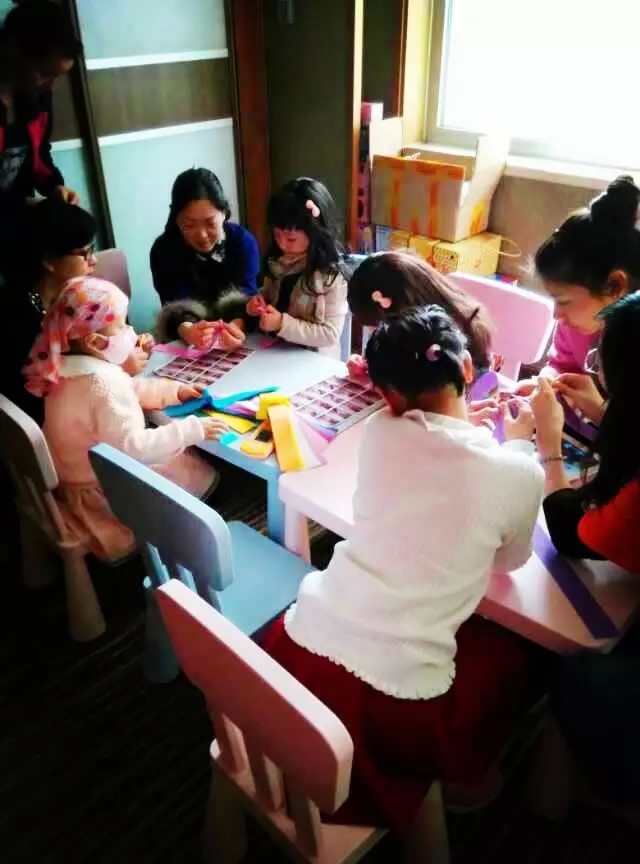
Young patients and their families playing at Children's Palliative Care Activity Center /Photo via New Sunshine Charity Foundation
Young patients and their families playing at Children's Palliative Care Activity Center /Photo via New Sunshine Charity Foundation
However, Zhou’s dream remained to establish a professional end-of-life care ward for children to feel at home with their parents while receiving their final treatment.
Earlier this year, Zhou met Songtang Hospice’s director Li Wei and discussed the possibility of establishing a palliative care ward for children.
Although China’s first hospice was established 30 years ago, the country's first children hospice did not open until 2010.
Some 150 organizations related to providing palliative care operate in the country. Less than one percent of patients with terminal conditions have access to end-of-life care, according to Beijing Living Will Promotion Association.

SITEMAP
Copyright © 2018 CGTN. Beijing ICP prepared NO.16065310-3
Copyright © 2018 CGTN. Beijing ICP prepared NO.16065310-3